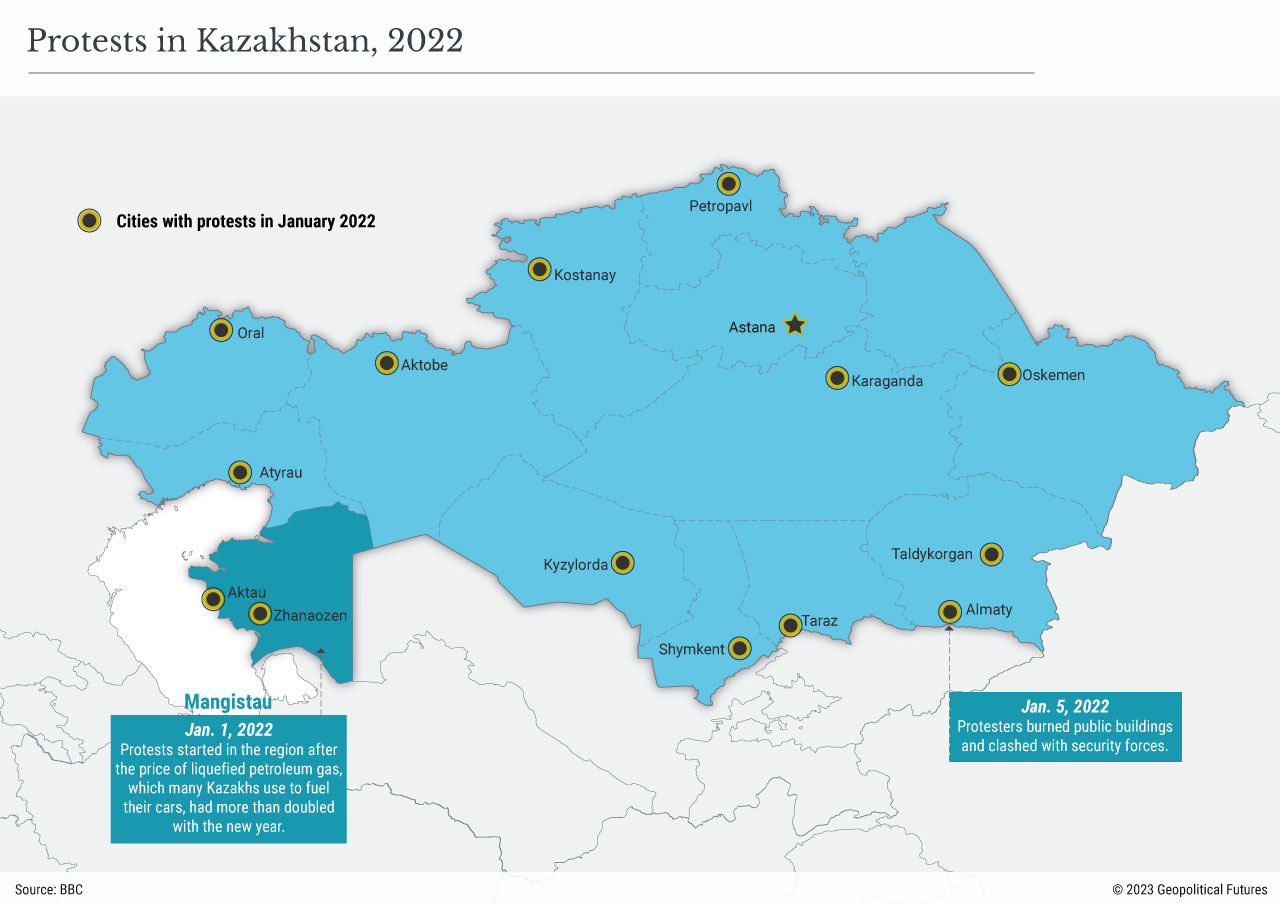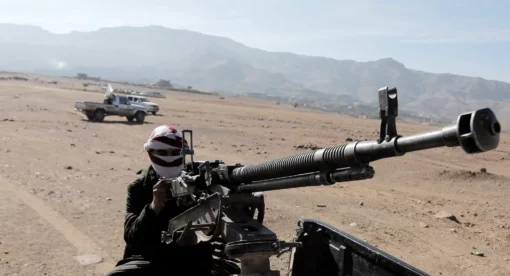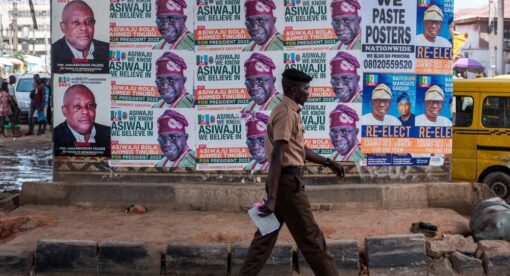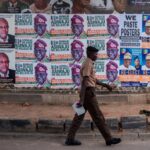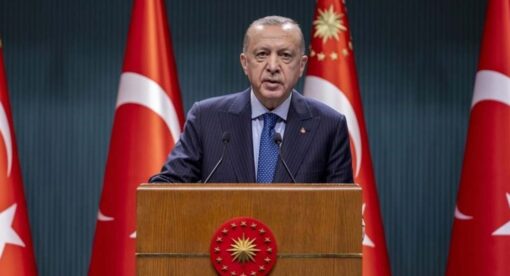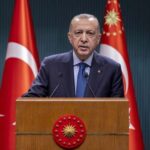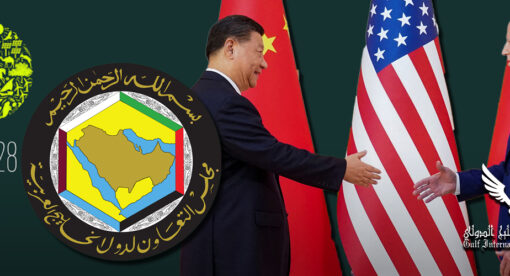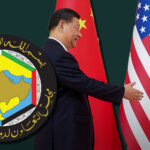Political reforms in the Central Asian giant will impact not just the region but, more importantly, Russia and China.
At a time of geopolitical uncertainty across Eurasia, Kazakhstan is undergoing a political evolution. The country’s transition away from authoritarianism is a rather unique case of a former Soviet state trying to balance between the conflicting imperatives of maintaining continuity and meeting demands for change. The outcome of its democratization experiment will have profound implications for Central Asia, a region that for centuries has been isolated from the West. More important, Russia and China will both be affected by its evolution.
I had the opportunity to travel to Kazakhstan a few weeks ago as part of an independent observer mission to witness early parliamentary polls on March 19. It was my second trip to the country in four months, having been present for the Nov. 20 snap presidential vote. I could bore you with the minutiae of the electoral process, but I won’t; you can get those details from the ample coverage available in open sources. Instead, I want to share the broader impressions that I walked away with – which will hopefully shed light on the direction in which the country is headed and what this means for a region struggling to untether itself from former liege Russia while it tries to resist China’s advances.
Background
First, a few words about the elections themselves and the broader political context. The turnout (a little over 53 percent) was quite low. This was likely due to voter fatigue given that this was the fifth electoral exercise since 2019 and the average Kazakh voter hasn’t seen many changes in that time. More important than the turnout was that, for the first time, independent candidates were allowed to run for office and two new political parties competed in the election.
The ruling Amanat party retained its majority in the 98-seat Majlis (lower house). Its margin of victory, however, was much lower than it was just two years ago (53.9 percent of the vote compared with 71 percent in 2021). The newly formed Respublica party – representing medium and small businesses – won nearly 9 percent and came in third place. Amanat will now have to work with five parties as well as 29 lawmakers elected as independents in the legislature.
Read the rest in Geopolitical Futures.

